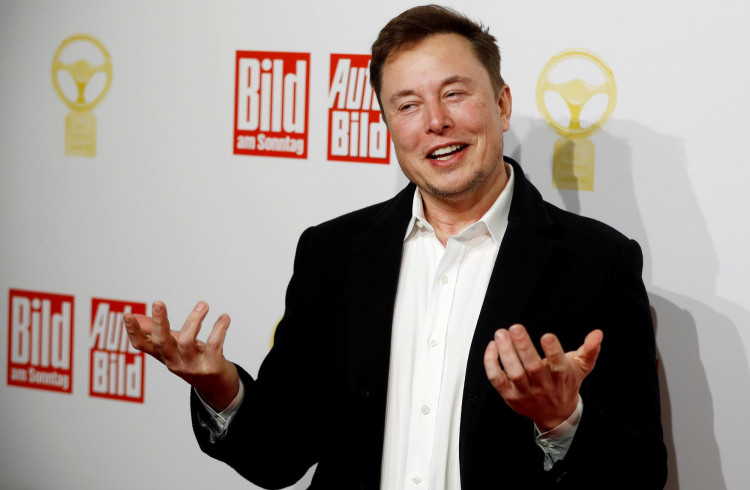Tesla CEO Elon Musk has taken a surprising stance against US government tariffs on Chinese electric vehicles, describing these trade barriers as "not good" and a distortion of the market. Musk's comments, made during a video appearance at the Viva Technology conference in Paris, mark a significant shift from his previous support of such measures.
"Neither Tesla nor I asked for these tariffs, in fact, I was surprised when they were announced. Things that inhibit freedom of exchange or distort the market are not good," Musk said during the conference.
This shift comes after President Joe Biden introduced new tariffs on an array of Chinese goods, including electric vehicles, in an effort to bolster US manufacturing. These measures have maintained and, in some cases, increased tariffs that were originally imposed during Donald Trump's presidency. Notably, EV duties have been quadrupled to over 100%, affecting approximately $18 billion in imported Chinese goods.
Back in January, Musk expressed the necessity of trade barriers, warning that without them, Chinese manufacturers could potentially outcompete and dominate other car companies globally. Tesla, which has faced intense competition from Chinese manufacturers, recently reclaimed its position as the world's largest EV manufacturer from Chinese rival BYD.
Despite his earlier stance, Musk has now emphasized that Tesla performs well in the Chinese market without the need for tariffs. This perspective aligns with his broader philosophy of free trade and minimal market intervention. "Tesla competes quite well in the market in China with no tariffs and no deferential support. I'm in favor of no tariffs," Musk reiterated.
The automotive industry has been navigating a complex landscape of trade policies and competitive pressures. Marina Alekseenkova, a director at Hypothesis Research, commented that while US tariffs support domestic producers, they could potentially slow down the overall growth of the EV market. Matthias Schmidt, an automotive industry analyst, suggested that Musk's recent statements might be a strategic move to mitigate potential retaliatory actions from China, which could impact US companies operating in the Chinese market.
This backdrop of geopolitical maneuvering underscores the delicate balance companies like Tesla must maintain in a global market influenced by political decisions. Musk's comments arrive as Chinese trade groups hint at possible retaliatory tariffs on petrol-powered cars in response to US measures.
Adding to the complexity, data indicates that Tesla has been cutting back production at its Shanghai plant. According to a Reuters report, the output of the Model Y at the Shanghai facility has seen significant reductions in recent months. The China Association of Automobile Manufacturers (CAAM) reported that Model Y production in China dropped 17.7% in March and 33% in April compared to the previous year.
This production cutback coincides with Tesla's broader strategic shift. The company recently omitted its goal of delivering 20 million vehicles annually by 2030 from its latest impact report, signaling a potential pivot towards robotaxis and AI-driven technologies.
Meanwhile, other American EV manufacturers are also experiencing challenges. Lucid, another player in the EV market, announced layoffs impacting 6% of its workforce, including leadership and mid-level management positions. The company, backed by the Saudi Public Investment Fund (PIF), has been grappling with slow sales despite recent price reductions.
In contrast, Chinese companies continue to push aggressively into the EV market. Xiaomi, a Chinese smartphone maker, has ventured into the automotive sector with its SU7 model, a sub-$30,000 Tesla competitor. The company reported robust pre-orders and aims to sell 120,000 units this year, highlighting the rapid evolution and competitive nature of the global EV market.






